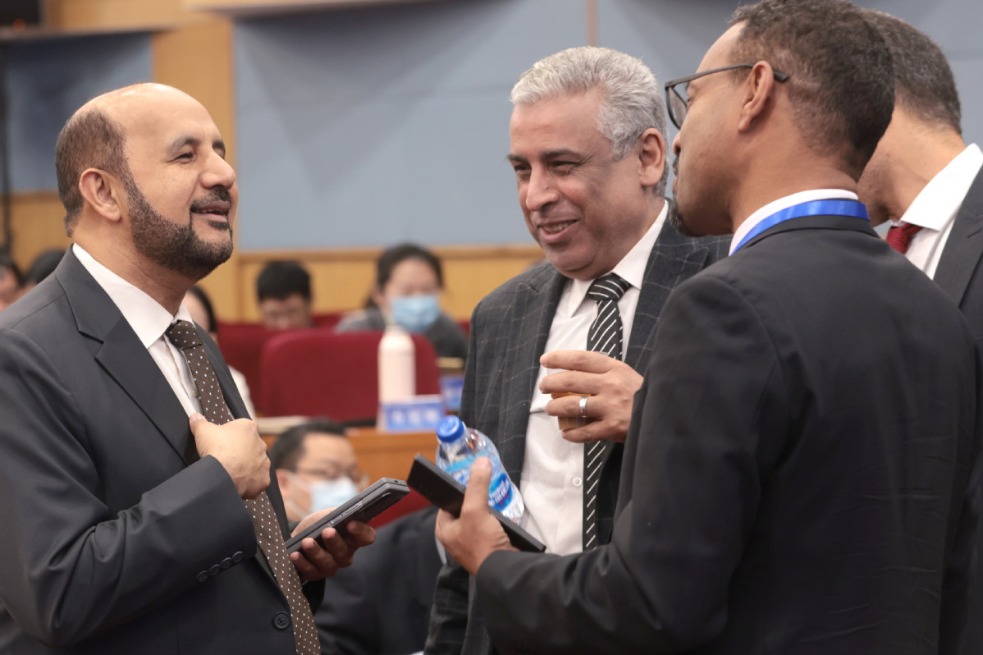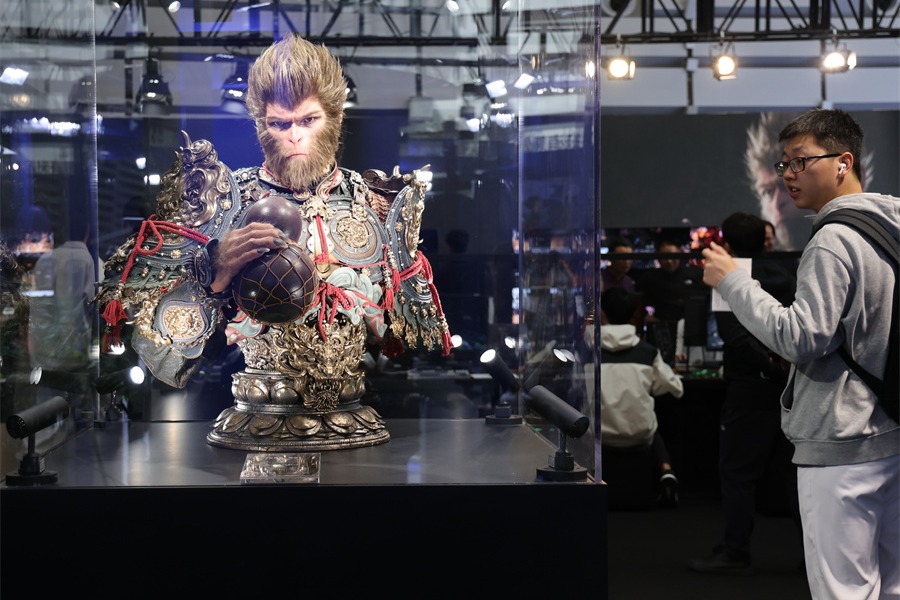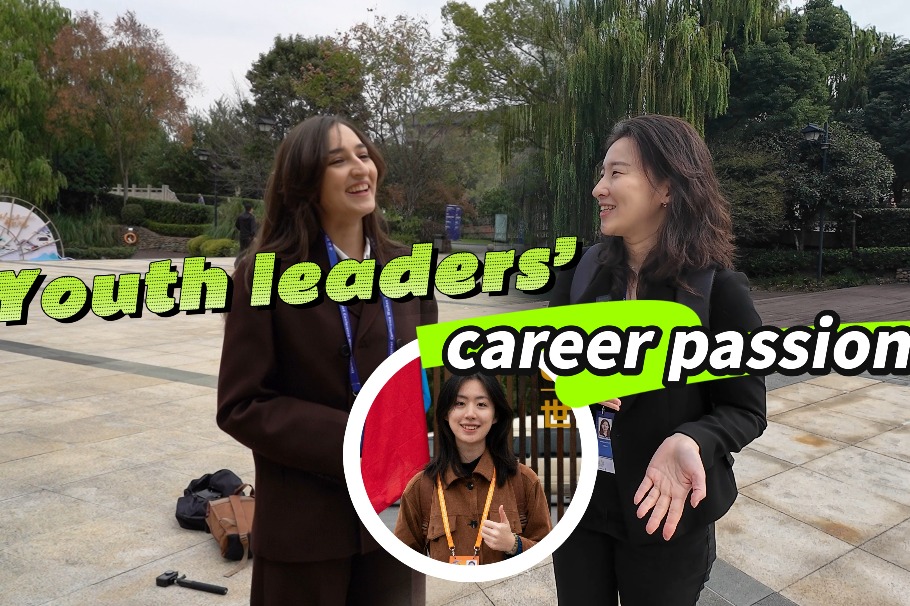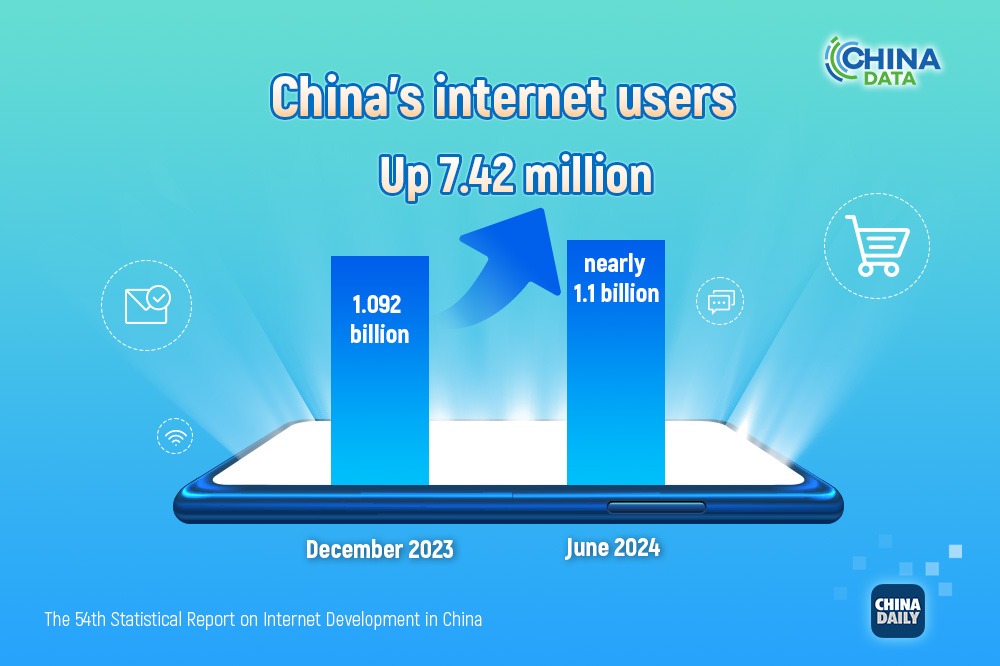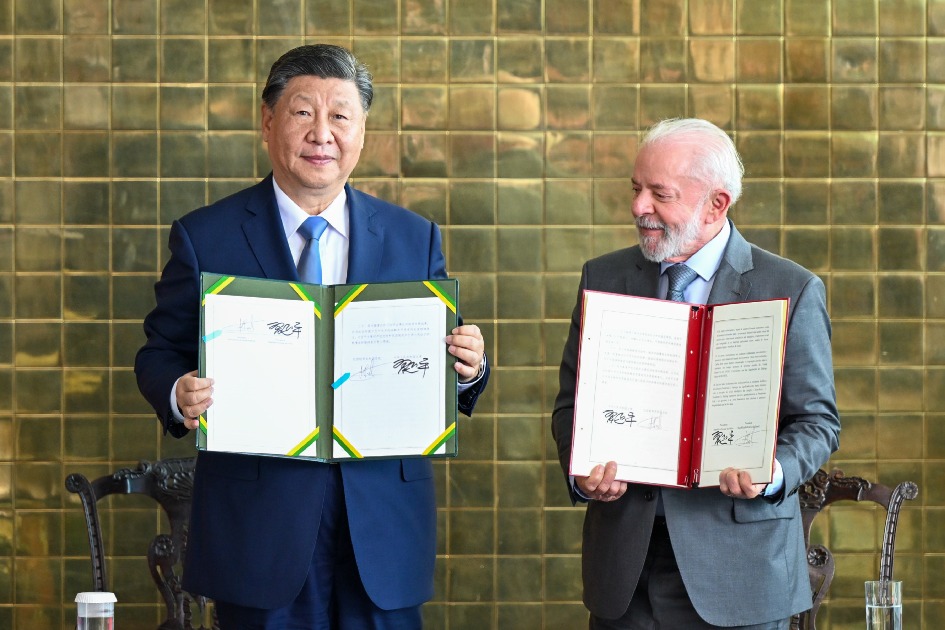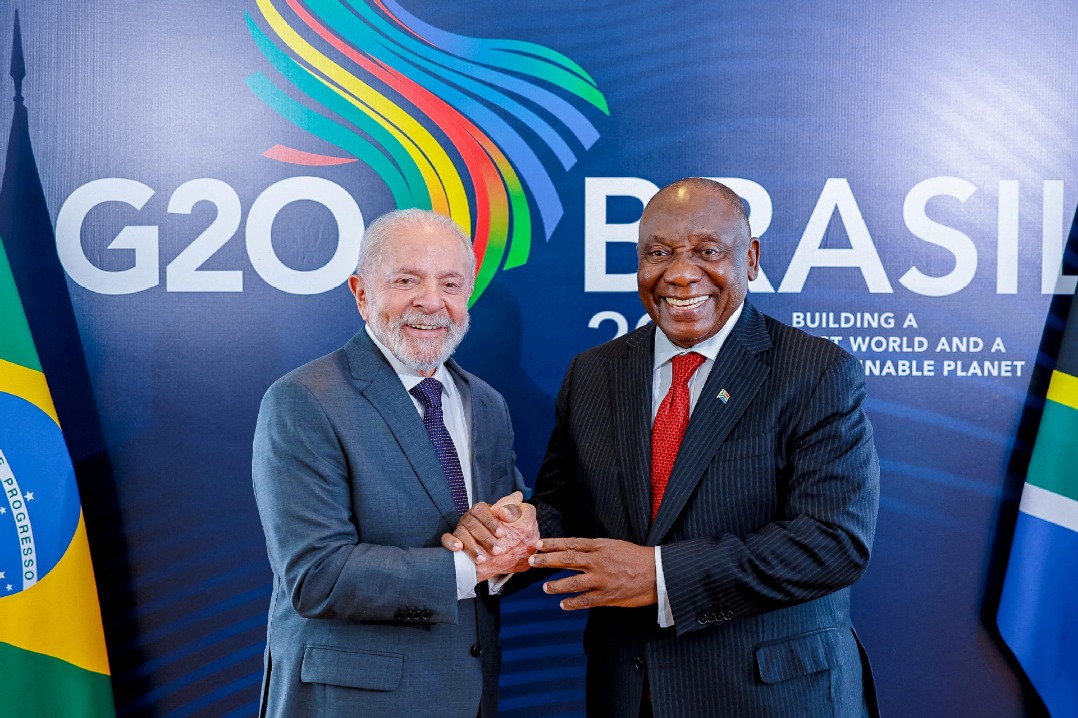Courage key to charting Sino-US ties
Ex-leaders' foresight should be learned to manage problems today, forum hears
By May Zhou in Atlanta | China Daily | Updated: 2024-01-13 11:00
Looking back at the history in the establishment of diplomatic relations between the United States and China 45 years ago, experts said the courage displayed at the time by both US president Jimmy Carter and Chinese leader Deng Xiaoping should be emulated today to chart the relationship's future path.
It was not an easy decision for Carter to normalize relations. President Richard Nixon and his secretary of state Henry Kissinger earlier had opened the door, but the progress was put on hold first by Nixon's Watergate scandal, then by president Gerald Ford's political caution that it was too risky, saying he would delay it to his second term.
But Ford's second term never came, said David Lampton, professor emeritus and former director of China studies at Johns Hopkins University's School of Advanced International Studies, at a forum commemorating the 45th anniversary of the normalization at The Carter Center in Atlanta on Tuesday.
The audience was reminded that it was a much more difficult time politically when China and the US were trying to normalize relations.
Herbert Hansell, who was closely involved in agreements establishing diplomatic relations with China, was berated by senators from both parties for "selling out American interests", said Stephen Orlins, chairman of the National Committee on US-China Relations.
Orlins, who was at the State Department at that time and present at that Senate hearing, said 60 percent of Congress opposed the move.
In 1978, the world was told that China and the US would normalize relations.
Susan Thornton, a former US diplomat and senior fellow at Yale Law School's Paul Tsai China Center, said: "The bravery that was displayed, the political courage on the part of both Chinese and American leaders at the time really deserves our incredible esteem."
What changed with the normalization?
"The last four decades have seen the growth of China. It's the fastest and most extensive economic growth in human history by orders of magnitude," said Jonathan Alter, who has published numerous books about various US presidents including Carter.
Hundreds of thousands of US and Chinese soldiers had died in battlefields when Carter went to Asia, Orlins said.
"Virtually no American and Chinese soldiers have died on (Northeast) Asian battlefields since the establishment of diplomatic ties, and Asia has been peaceful and prosperous for almost a century," he said.
The core principles that Carter had for normalizing relations could help to manage problems in today's bilateral ties, the experts said.
Thornton said when Carter sent secretary of state Cyrus Vance to Beijing in August 1977 to negotiate the agreements, he gave him an instruction letter on his vision on how the normalization would unfold, setting the tone for the relations.
"Carter hoped that Vance's visit would restore the momentum to the normalization process, increase the willingness of both sides to cooperate where they have common interests and expand our economic and cultural relations," Thornton said.
Future evolution
Both Carter and Deng had a high degree of ability to entertain the lack of clarity, Lampton said."Both were willing to leave important areas to future evolution, interpretation and adaptation", such as what they meant by peaceful resolution and official and unofficial relations, he said.
"The important thing is we haven't had any wars with China. That's the fact," Lampton said.
Lampton recounted that when he went to China in 1979 with the US secretary of health and education to sign the education and health agreement, a CIA agent came along on the trip on a convert basis.
"At the farewell banquet, minister of health Qian Xinzhong stood up and said to the agent: 'We're very glad that you came to China. We hope you learned everything you wanted to learn,' and the crowd burst into laughter and applause. So, even the CIA can contribute to trust if you put it in the right framework," Lampton said.
The expert called for courage in the current political climate to keep relations moving forward. "If we were more creative and braver, we would find many more areas of common interests to cooperate," Thornton said. "I never lose sight of the bravery not only of Carter and Deng, but earlier of Nixon, Kissinger, Chairman Mao (Zedong) and Premier Zhou (Enlai) and how they fought the political currents to do the right thing."
mayzhou@chinadailyusa.com





